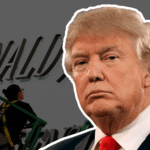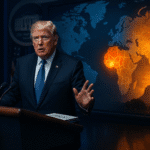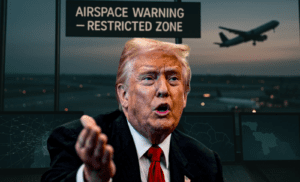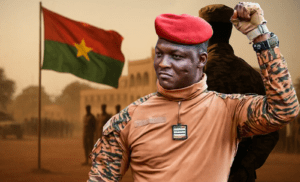In a defining moment for the British monarchy, Prince Andrew has been stripped of his remaining royal style, titles and honours and ordered to relinquish his lease of the Royal Lodge residence at Windsor. This decision follows a series of developments that have eroded his standing within the royal family and raised broader questions about accountability in the monarchy.
Who Is Prince Andrew and How Did His Position Change?
Prince Andrew is the second son of the late Queen Elizabeth II and the younger brother of King Charles III. He formerly held the title Duke of York and served as a naval officer during the Falklands conflict. Over recent years, his public role shrank dramatically following his links to convicted sex offender Jeffrey Epstein and allegations by Virginia Giuffre of sexual misconduct when she was a minor, claims he has denied. On 17 October 2025, he announced that he would cease using his titles and honours, stating that the “continued accusations about me distract from the work of His Majesty and the royal family”.
Why Was This Step Taken Now and What Triggered It?
The removal of titles comes against the backdrop of renewed scrutiny over Andrew’s conduct. Newly surfaced emails reportedly contradicted his previous statements and strengthened links to Epstein’s network. In addition, calls from political figures urged the monarchy to act. A senior government minister described Andrew’s stepping back from titles as “the right course of action”. The palace cited the need to protect the institution’s reputation and relieve a distraction from the work of the royal family.
The Deeper Implications for the Monarchy and the Individual
For the monarchy, this case marks a watershed moment in internal governance. Royal historians describe the move as “a huge moment in world history”, noting the rarity of a senior royal losing titles. The willingness of the King to act suggests that public perception and institutional risk now carry greater weight than traditional protections of privilege. For Prince Andrew himself, the effects are profound: he will no longer carry the titles of Duke of York or Prince Andrew in any public sense, will vacate his residence at the Royal Lodge and will revert to being known as Andrew Mountbatten Windsor. On a broader institutional level, the precedent raises the question of how future issues of royal misconduct will be handled, and whether the mechanism for removal of titles needs reform.
A Final Note
Prince Andrew’s removal from the formal framework of the royal family is more than personal downfall; it signals a shift in how the monarchy addresses internal risk and public scrutiny. The case underscores a new era in which titles and honours depend not only on heritage but on conduct and institutional integrity. As the royal family moves forward, the way this precedent is applied may redefine the boundaries of privilege and accountability within one of the world’s most visible institutions.













